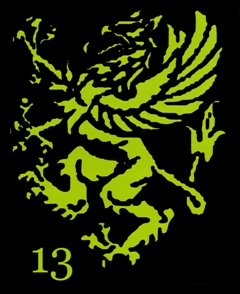If access to competent medical treatment is not available. Whether from something as likely as a remote camp site, a trip abroad, or a breakdown in the local infrastructure. What would be the impact on you and your family? There are numerous examples of situations like these in recent years. Getting started with a medical prepredness plan can seem daunting. Starting with basic, small steps will go a long way in preventing you from feeling overwhelmed, in your efforts to become prepared for medical emergencies. Knowledge, experience, and equipment are vital in responding to medical emergencies.
Knowledge
The ability to recognize and treat medical issues, can allow you to prevent or reduce the impact of many problems. Many organizations offer programs to become cerftified in advanced first aid. These courses teach basic medical terminology, patient assessment, and immediate action for common medical emergencies. TAKE A COURSE AND GET CERTIFIED. The advanced topics you can acquire are limitless, and should be developed for your anticipated needs, but there are some basic skills that should be gained as soon as possible. At a minimum, using a quality first aid book you should study and practice first aid procedures.
Training
Experience can balance your medical knowledge. It lets you practice newly acquired skills and fine tune them, it keeps those skills fresh once you have acquired them, and also provides the benefit of gaining confidence in your knowledge and skills. Many training programs include observation or assist experiences in hospitals, nursing homes, or ambulance services. Volunteer on a regular basis if you can.
Equipment
Among the first things that should be acquired, are antibacterial soap, liquid or solid. And the ability to have clean water. Both are essential for cleaning injuries, bandages, instruments, and basic sanitation. Disease prevention is a primary goal both are critical to maintaining and limiting the spread of disease. You will also want to acquire reference material. Start with a medical dictionary and a standard paramedic textbook. As your skills increase, so will your ability to use appropriate equipment. Start with small first aid kits, expand on these to develop comprehensive medical and trauma kits. Give thought to buying some basic wound care, surgical, and casting materials even if you don't have the practical experience to use them. You may not have the skills to use the equipment yet, but you may locate someone who does.
